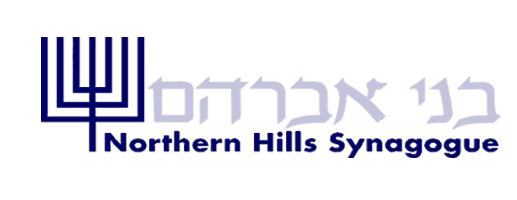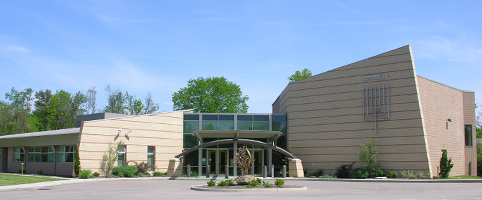Among the three Pilgrimage Festivals, the one which holds the highest place in the devotion and sentiment of our people today is Pesah, Passover. This holiday begins on the fifteenth day of the Jewish month of Nisan, and, according to Torah law, extends through the twenty-first of the month; the first and seventh days are considered full holidays, and the intermediate days are half-holidays.
Outside of the Land of Israel, according to rabbinic tradition, the sixteenth of Nisan (second day) is observed as a full holiday, and the twenty-second of Nisan is observed as the eighth day of Pesah, and a full holiday. The holiday has a number of designations: The festival of Matzah, the Festival of the Pesah (the Passover sacrifice), and the Season of our Freedom.
The first of these refers to what was, in Temple times, the main observance of the holiday. We read in Exodus l2, that, on the eve of their going out from Egypt, our ancestors slaughtered a kid on the fourteenth of Nisan, and ate it roasted whole, smearing the blood on the doorposts and lintels of their houses. Exodus l2:8 gives us the main elements of the observance "They shall eat the flesh that same night; they shall eat it roasted over the fire, with unleavened bread and bitter herbs."
Since the destruction of the Second Temple, we have continued to eat the unleavened bread and bitter herbs, with the roast lamb being replaced by the afikoman. The Samaritans, however, a sect of Jewish origin who live mostly in Shekhem in northern Israel, continued to roast a whole lamb as a Passover offering today. The matzah that we eat on Pesah suggests several thoughts. First among them is that given in the Haggadah itself: "What is the reason for this matzah that we eat? The dough of our ancestors did not have time to ferment before the supreme King of Kings, the Holy One, Praised be He, revealed Himself to them and redeemed them."
The matzah, which must be completely baked within l8 minutes of the time that the flour and the water are mixed, is a reminder of the hasty exodus of our ancestors from Egypt. The matzah is also called the "bread of affliction," reminding us of the servitude of our people and their suffering The traditional association of fermentation with the evil inclination yields the idea that during Pesah we demonstrate, by abstaining from leavened food, our mastery over the evil impulse.
Through this last thought we come to the third designation of Pesah, the season of our freedom. There is no limit to the types of freedom which we may celebrate on Pesah. Obviously, we recall the deliverance of our ancestors from bondage in Egypt. We remember also the struggle of the Jewish people throughout history to maintain its existence and identity, and we keep in mind the struggles that still stand before us: the struggle for the liberation of the Jewish people where they still may be in danger and the struggle for the safety and development of Israel.
We should bear in mind that the servitude of our ancestors in Egypt had a spiritual as well as a physical aspect, and that, spiritually, many of our people are enslaved today - in Western Europe, Israel, the United States - enslaved by assimilation, indifference and ignorance. We should remember, too, that freedom is for all people, and we may recall that the founders of the United States and the African-American people have derived particular inspiration from the story of our liberation from Egypt over three thousand years ago.

